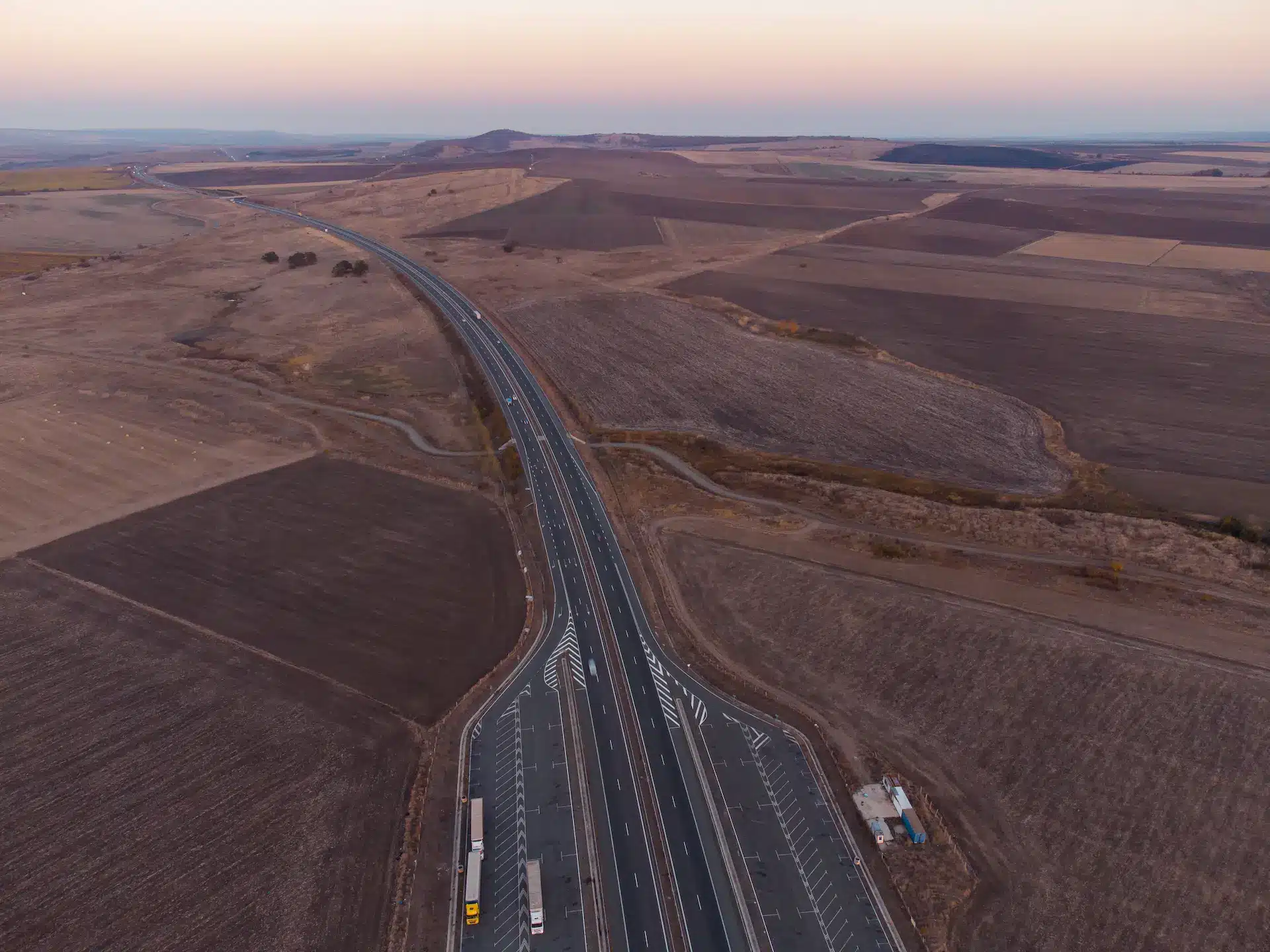Contents
The Roads and Maritime Services (“RMS”) have the authority to acquire private property either by negotiation and agreed sale or compulsory acquisition under section 177 of the Roads Act 1993 (NSW). The owner is entitled to receive compensation for the acquisition of their land under the Land Acquisition (Just Terms Compensation) Act 1991.
In a recent series of cases a landowner challenged the RMS’ right to acquire its property. The landowner was initially successful in overturning the acquisition and the outcome was considered a landmark decision however it was subsequently overturned on appeal.
Desane Properties Pty Ltd (“Desane”) owned a commercial property at Rozelle. The property included the disused Rozelle Rail Yard and was purchased in 1997 for $2.2 million. The owner then spent around $7 million improving it and the site had valuable development prospects and in 2015 Desane had lodged a planning proposal to rezone the site.
Subsequently, RMS included the site in its planning of the WestConnex toll road project. On 21 July 2016, the Government issued a media release with the details of the interchange. The media released indicated that the interchange would be built largely under the disused former Rozelle Rail Yards, a new parkland would be created and 27 properties would be acquired to achieve the works.
The following year the RMS offered Desane over $21 million for the property and the Governor approved the compulsory acquisition of the Property. A proposed acquisition notice was served and this was challenged by Desane.
Desane argued that the proposed acquisition notice was of no statutory effect because it did not comply with the requirements of the Just Terms Compensation Act. Particularly it was asserted that the State government had to identify the public purpose for which the Property is to be acquired.
Justice Hammerschlag of the Supreme Court agreed and found that the RMS’ intentions were ill defined and may never be realised. The acquisition notice related to use of the property as a construction site however they had publicly committed to use of the site for open space and parkland. It was felt that the decision would create a precedent for challenging property acquisition and make government bodies more accountable in identifying why a property is being acquired.
The decision was appealed and ultimately overturned by the NSW Court of Appeal. It was held that the RMS could proceed with the compulsory acquisition.
Whilst the landowner wasn’t ultimately victorious on this occasion, it is critical that you properly consider your position when faced with a compulsory acquisition. PDC Lawyers have experienced solicitors and planners who can assist you if your property is being compulsorily acquired. Professional expenses can often be claimed from the acquiring authority for lawyers, valuers and other professional advisers.




